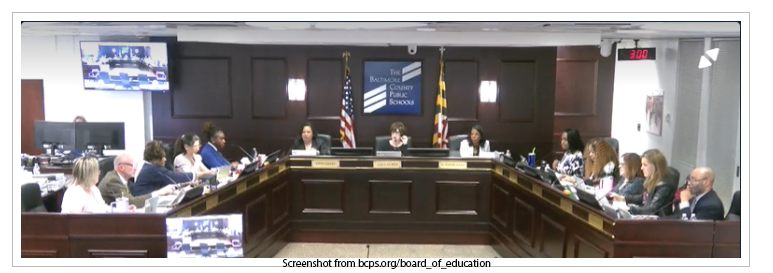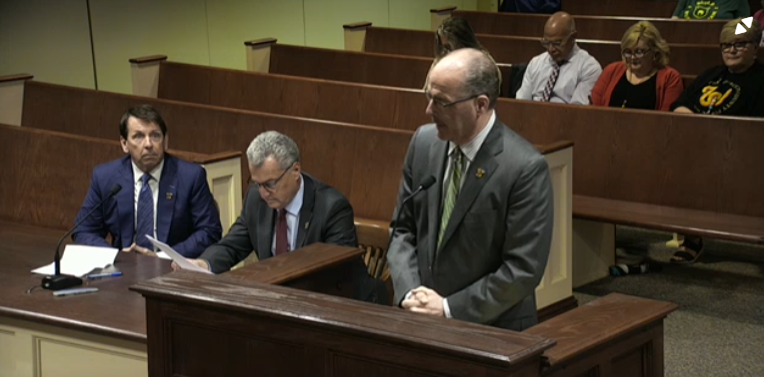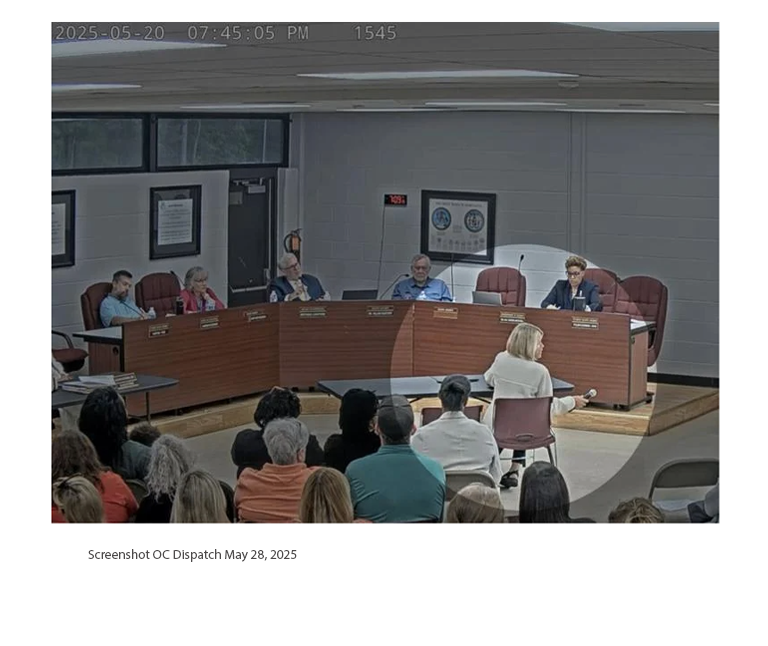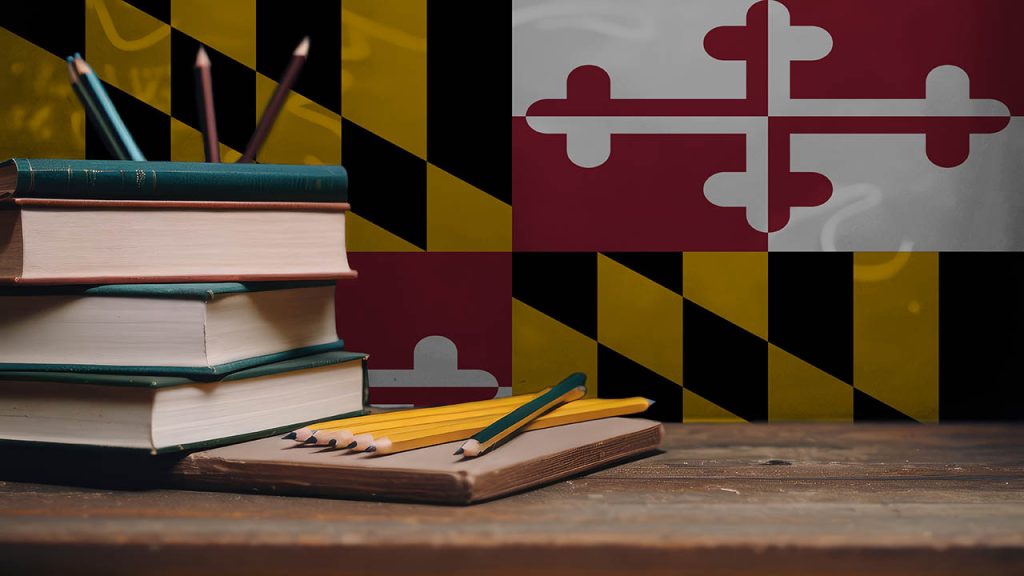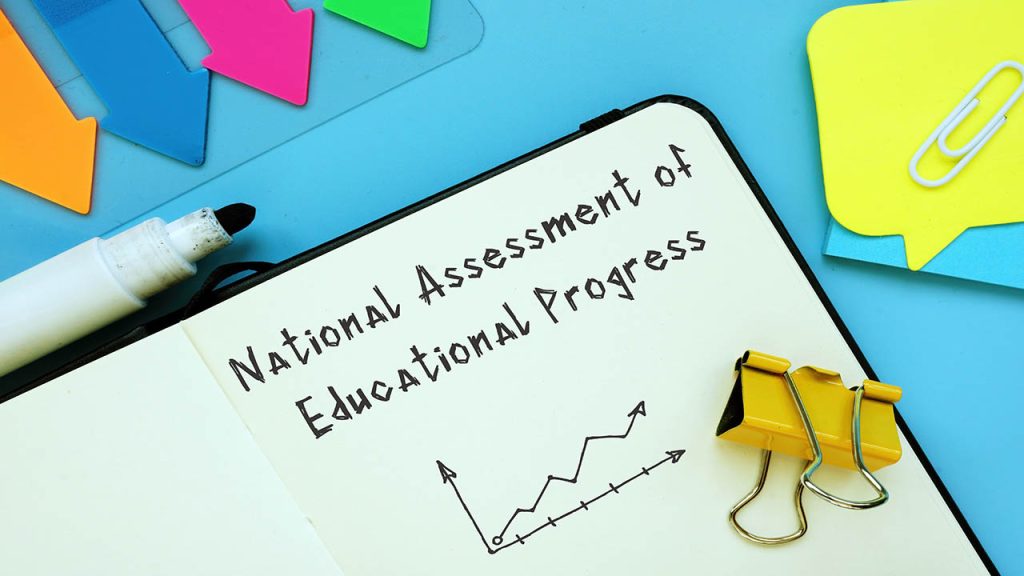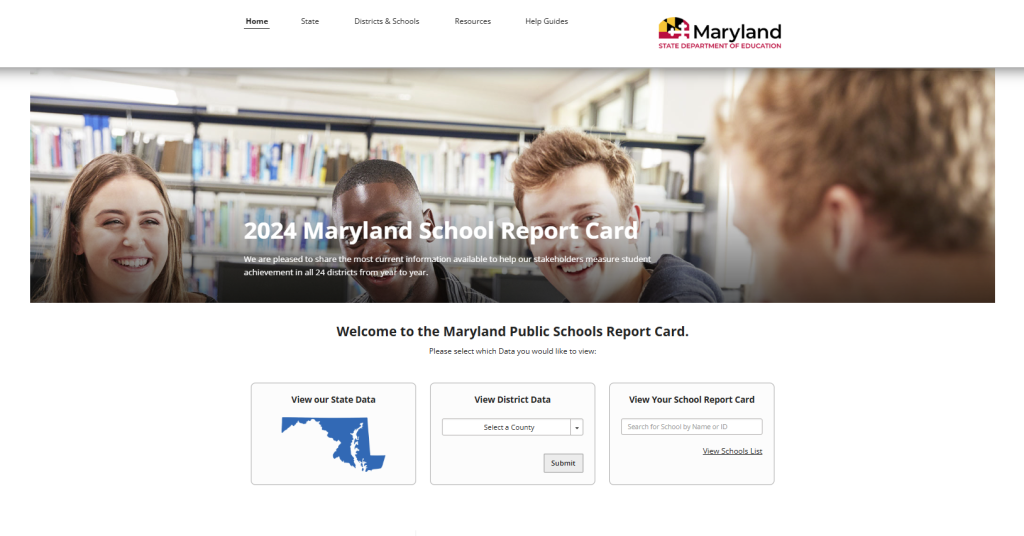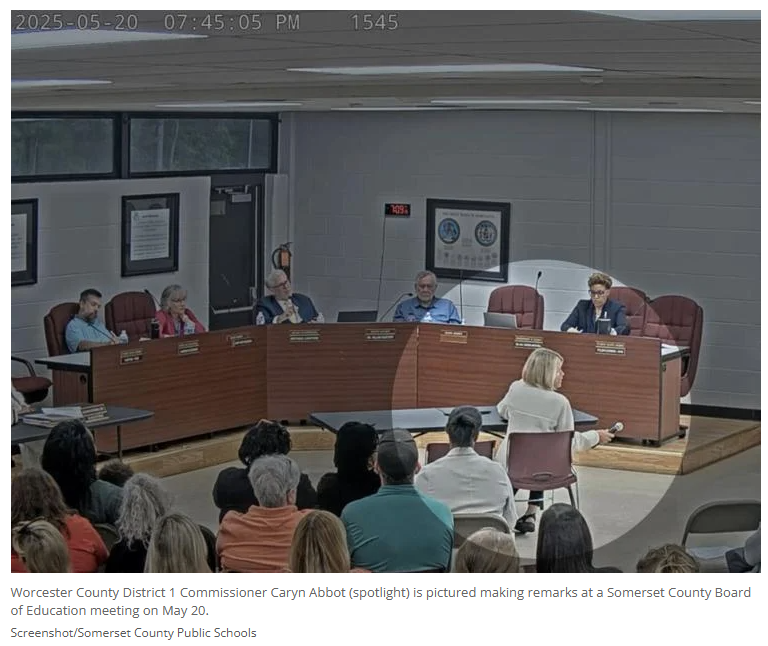

What Should You Do if You Think Your Child Needs Special Education?
Special education can be a very complicated issue. There are multiple facets to special education and before we can discuss any issue, we should be aware of some basic principles. First and foremost, there is the underlying disability. This is what will determine if an individual student is eligible for special education services. I would suggest watching our series of videos concerning this topic. For now, we can say that there are generally about 12 families of conditions that would qualify a student for services.
In many cases, the eligibility of a student for services is very apparent and no rational argument could be made for a denial of services. Such cases would include deafness, blindness, severe autism, down syndrome, and others. When students with such disabilities apply for services, the question immediately begins with what level of services will be required.
Other cases are not so clear. Families of students who are struggling academically, socially or behaviorally, who apply for services under a lesser defined disability are sometimes met with a school that is reluctant to qualify him or her for services. These include other health impaired (08), specific learning disability (09), and emotional disturbance (06). These categories of disabilities include a wide range of sign and symptoms and can be difficult to diagnose.
The reluctance of the school to identify a student is sometimes due to the increased burden placed on the school for providing the services. Also, schools and school systems closely monitor their special education statistics to be sure not to identify too many students. School systems are very cognizant of historical special education statistics, especially as it applies to various minority groups.
The criteria for identification in some of the disability areas can be sometimes vague and consequently gives schools much latitude in their identification procedures.
What then, should parents or families do if they think their child is struggling because of a disability and the school does not seem willing to cooperate.
There are many federal, local, and state advocacy organization that can help. With these groups, you will get free advice and sometimes some representation, but you will essentially get what you pay for. This is not to discourage anyone from contacting these groups, as they provide a valuable and much needed service and are an asset to their community.
Some attorneys specialize in education issues such as these and are willing to take on clients who are trying to qualify for special education services. These, as you can imagine, can be quite expensive.
At Maryland K12, we service the middle ground. Our network consists of education professionals who specialize in just this sort of consulting and advocacy. We have individual consultants who have extensive experience in working with families of such students and providing much needed advocacy, advice and, if needed, representation.
Sometimes the student plain and simply needs to work harder and put forth more effort. Sometimes. Though, the student is struggling at no fault of his or her own. We are happy to investigate your situation and provide our expert opinion.
Our initial consultation is free of charge and includes a full written report with recommended action(s). If needed, we can connect you with a one-to-one consultant who will become your personal representative. We choose our consultants from a wide bank of education professionals with extensive experience in a variety of areas within education. Each relationship is structured individually based on the needs of the student.
Even if you are unsure, give us a call or contact us through our website and we will begin the process of our free no charge consultation. This consultation includes interviews with the parent(s), and student. We will also review any documentation you may have, including achievement or standardized testing results, classwork (graded or ungraded), written correspondence or any related information.
Contact us now for your free consultation.
Dig Deeper With Our Longreads
Newsletter Sign up to get our best longform features, investigations, and thought-provoking essays, in your inbox every Sunday.
The MEN was founded by John Huber in the fall of 2020. It was founded to provide a platform for expert opinion and commentary on current issues that directly or indirectly affect education. All opinions are valued and accepted providing they are expressed in a professional manner. The Maryland Education Network consists of Blogs, Videos, and other interaction among the K-12 community.


